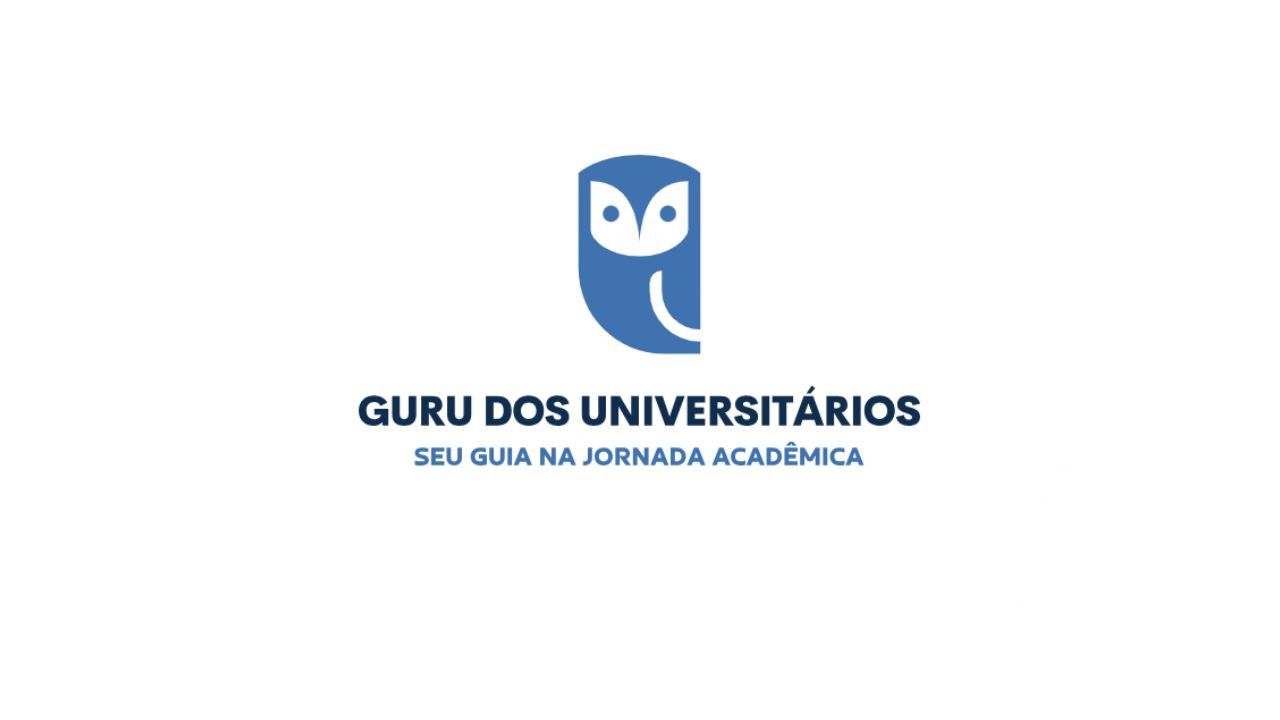Comparing Online vs. Traditional University Courses in Brazil
Introduction to Online and Traditional University Courses in Brazil
With the rapid advancement of technology, education in Brazil is undergoing significant transformation. More students are considering whether to pursue their higher education online or through traditional on-campus courses. Each option offers unique benefits and challenges, making it essential for students to understand these differences before making a decision.
Both online and traditional university courses have their place in Brazil's educational landscape. However, the choice depends on various factors such as flexibility, cost, and learning style preferences.

Flexibility and Accessibility
One of the most significant advantages of online courses is flexibility. Students can learn at their own pace and schedule, a benefit that is particularly appealing to working professionals or those with family commitments. This flexibility allows learners to balance education with other responsibilities.
Traditional courses, on the other hand, offer a more structured environment. Students attend classes at set times, which can be beneficial for those who thrive in a routine-based setting. Additionally, traditional courses provide direct access to faculty and peers, which can enhance the learning experience through immediate feedback and interaction.

Cost Considerations
When it comes to cost, online courses often present a more affordable option. Students save on commuting and accommodation expenses, reducing the overall financial burden. Moreover, many Brazilian universities offer online programs at a lower tuition rate compared to their on-campus equivalents.
Conversely, traditional courses may incur additional costs such as transportation and housing. However, they can offer access to campus facilities like libraries and laboratories, which may justify the higher expense for some students.
Learning Style and Experience
The choice between online and traditional courses often depends on an individual's preferred learning style. Online courses cater to self-motivated learners who are comfortable with technology and can manage their time effectively. These courses typically employ multimedia resources, interactive assignments, and forums to engage students.
In contrast, traditional courses provide a more immersive educational experience with face-to-face interactions. This setup can be beneficial for students who value direct communication with instructors and peers, as well as those who learn better through group activities and discussions.

Quality of Education
The quality of education in both online and traditional courses has improved significantly in Brazil. Many reputable universities now offer accredited online programs that meet the same standards as their on-campus counterparts. Institutions employ experienced faculty to ensure the rigor and content of online courses are on par with traditional offerings.
While both formats strive for high educational standards, students should research the specific programs they are interested in to ensure they meet their academic and professional goals.
Conclusion
Ultimately, the decision between online and traditional university courses in Brazil should be based on personal circumstances and learning preferences. Each format offers distinct advantages that can cater to different educational needs. By understanding these differences, students can make informed decisions that will help them succeed in their academic pursuits.
Whether opting for the flexibility of online learning or the structured environment of traditional classes, one thing remains clear: education is evolving, and students in Brazil have more choices than ever before.
